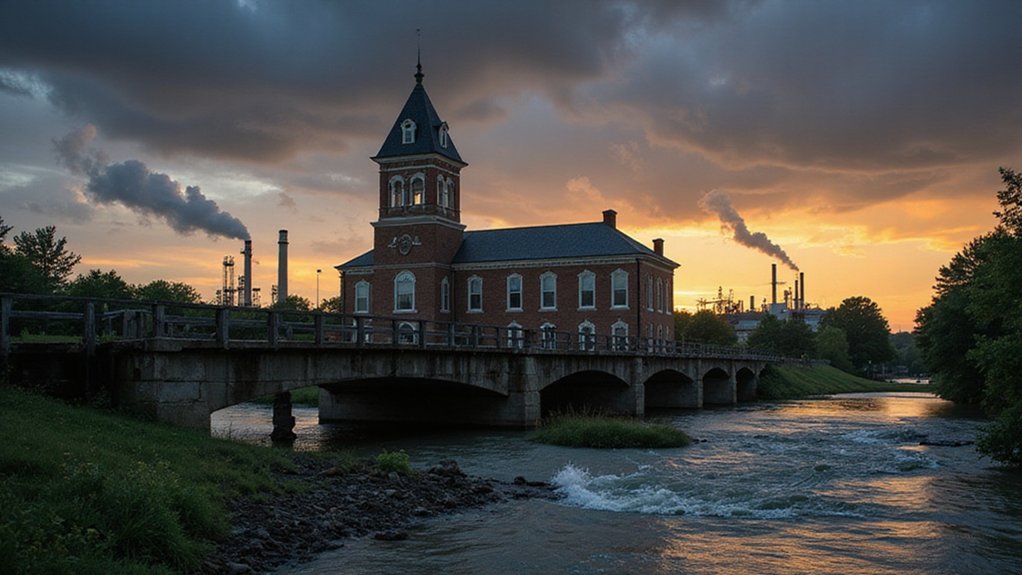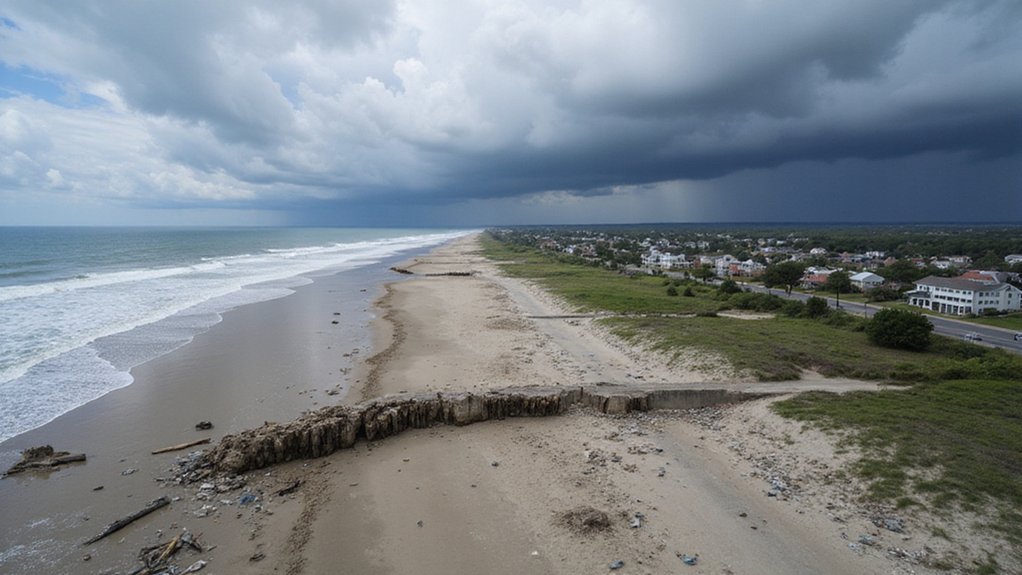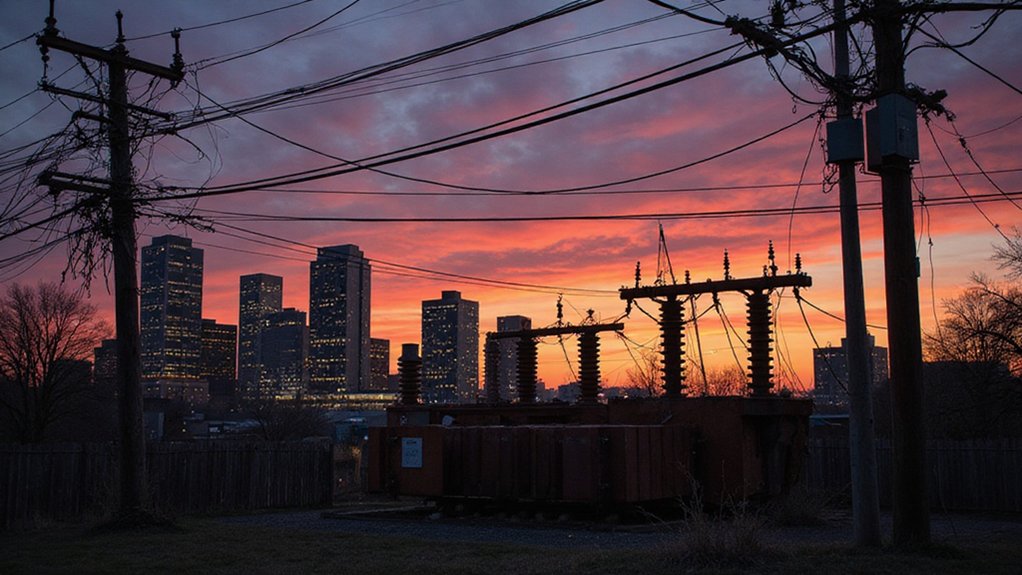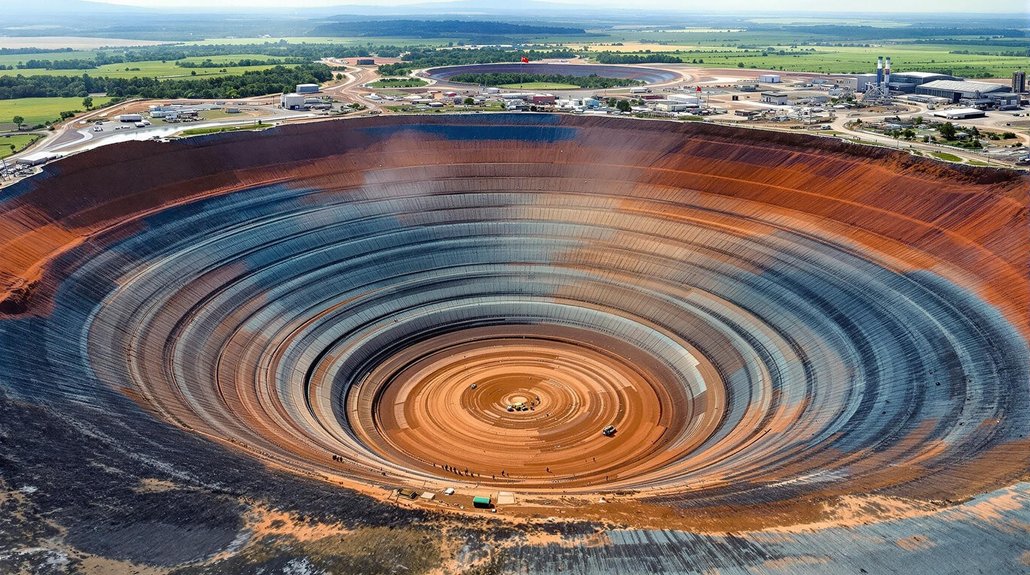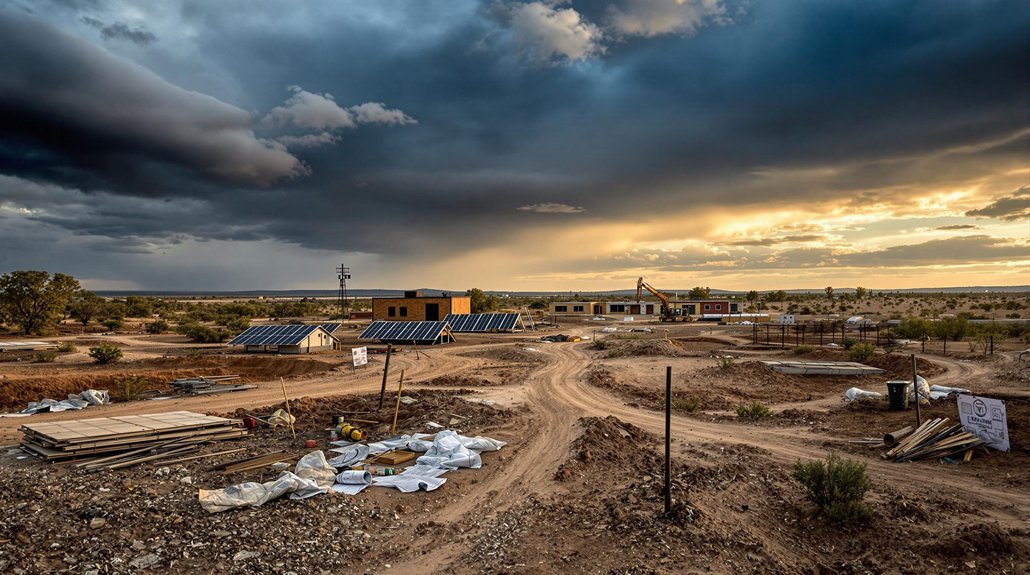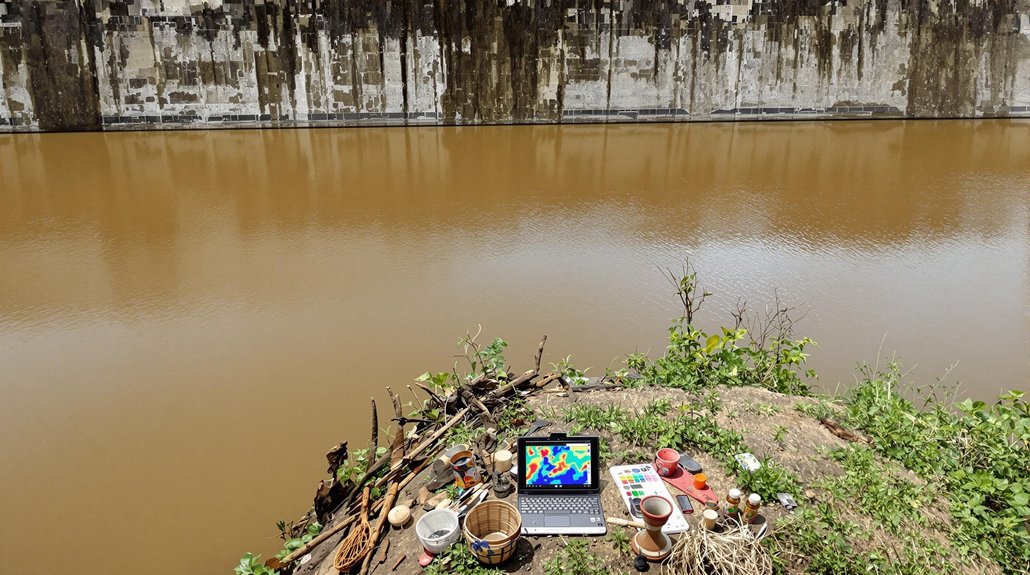After a brief legal battle that began in March 2024, Bucks County’s lawsuit against major oil companies has come to an end. A Pennsylvania judge dismissed the case in May 2025, rejecting the county’s demands that oil giants pay for climate-related damages.
The county had claimed that fossil fuel companies misled the public about climate risks since the 1950s. Their lawsuit sought money to pay for bridges, stormwater systems, and building upgrades needed because of climate change impacts.
The judge’s ruling followed arguments from oil companies that climate policy belongs in the hands of federal agencies like the EPA, not state courts. Judge Stephen Corr specifically ruled that greenhouse gas emissions fall under federal jurisdiction, preempting state law claims. Chevron’s lawyers insisted that courtrooms aren’t the right place to address climate issues.
This dismissal fits a pattern seen across the country. Many local governments have tried similar lawsuits against the fossil fuel industry, only to see them rejected by courts.
Oil company defenders argued that fossil fuels have helped people and governments alike. They also claimed that climate science knowledge was already public during the decades in question. Industry lawyers called the local lawsuit unfair and said climate solutions need higher-level government action.
Despite this legal setback, Bucks County continues work on its own Sustainability and Climate Action Plan. Local towns like Middletown Township have set emissions reduction targets, aiming for cuts of 26% by 2025 and 80% by 2050 compared to 2005 levels.
The county’s efforts focus on improving infrastructure, preparing for extreme weather, and shifting to cleaner energy. As the third highest carbon emitting state in the U.S., Pennsylvania faces particular challenges in addressing climate impacts. The transition requires significant power grid upgrades to accommodate renewable energy sources like solar and wind. They’re also working with state and federal programs to build technical know-how for climate projects.
Environmental councils and academic partners are helping shape these local plans. While the legal effort failed, it highlighted the growing tension between local communities facing climate costs and the fossil fuel companies they believe should help pay for them.
References
- https://whyy.org/articles/bucks-county-climate-lawsuit-dismissed/
- https://www.buckscounty.gov/1794/Climate-Action-Plan
- https://www.buckscounty.gov/CivicAlerts.aspx?AID=1005
- https://www.conservationpa.org/issues/fighting-climate-change
- https://www.epa.gov/system/files/documents/2023-12/township-of-middletown-bucks-county-climate-action-plan.pdf
